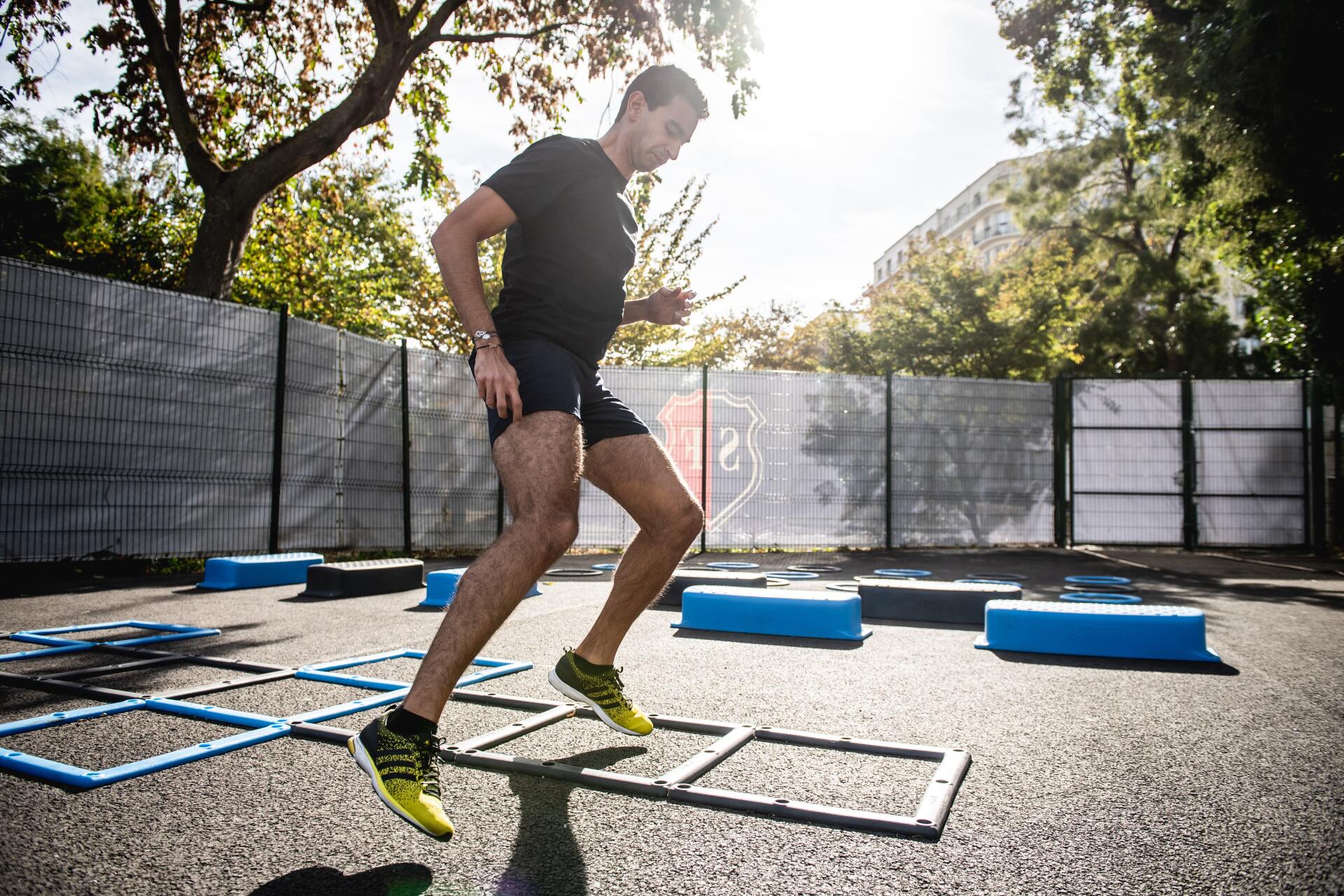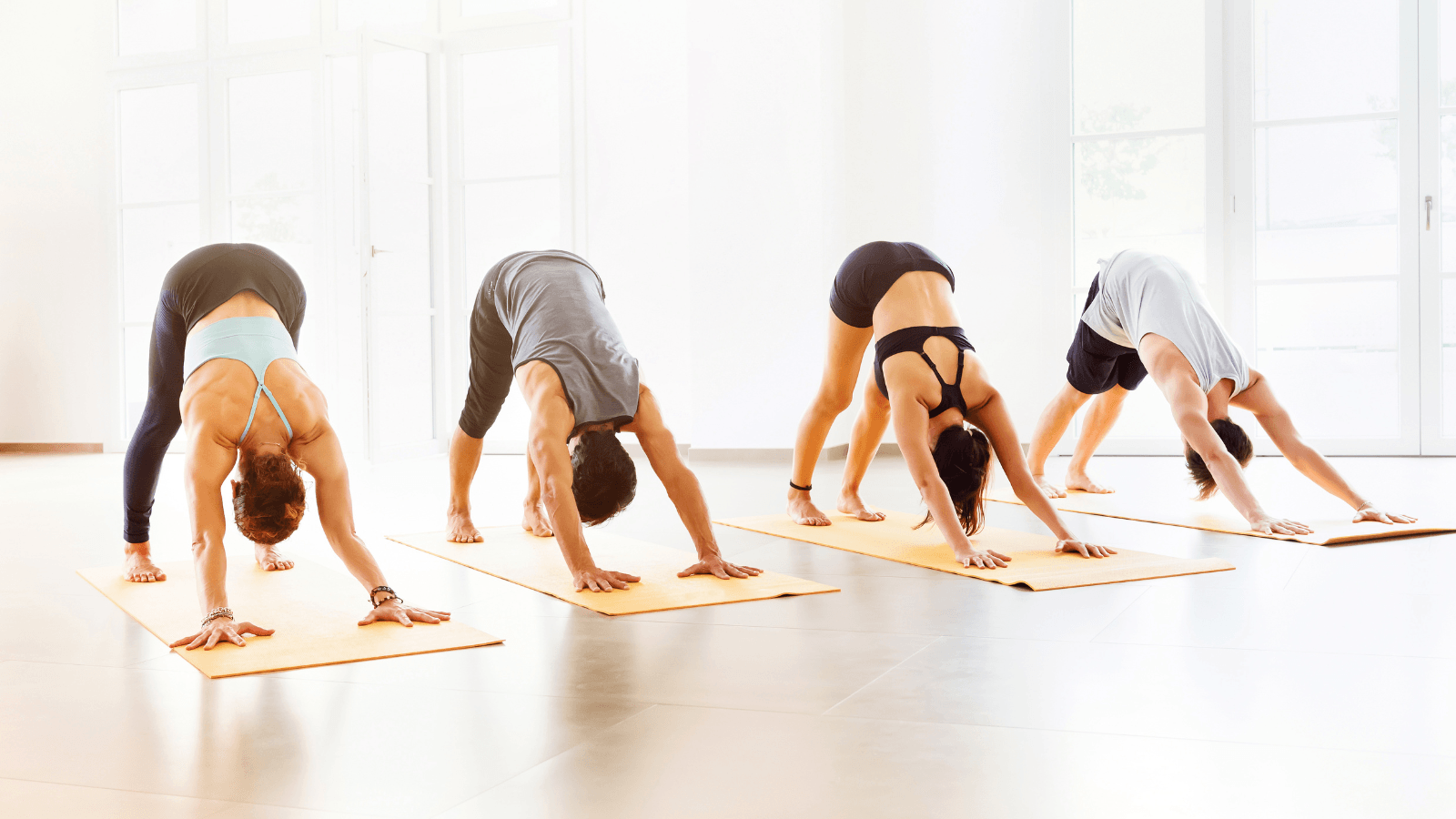Benefits Of Regular Exercise For The Aging
As the aging population keeps increasing, older people are recognizing the growing need for exercise in their lives. Maintaining an active lifestyle is central to sustaining health and happiness.
Exercise can help older adults achieve a better quality of life, and it can help them live longer and healthier as well. Regular exercise is great for people of any age and can ease symptoms of many chronic conditions. And contrary to popular belief, weakness and poor balance issues are actually more likely to be linked to inactivity, rather than age.
Benefits Of Regular Exercise For The Aging
- Reduces the risk of stroke or heart attack. Doing regular cardiovascular exercises, such as brisk walking, cycling or light housework, will increase blood flow to the heart and boost your overall health. Adding routine exercise will greatly improve your cardiovascular performance by strengthening your heart and reducing blood pressure.
- Better mental health and reduces the risk of dementia . Regular exercise will deliver oxygen to and also removes unnecessary waste from our muscles and organs. The brain benefits immensely from this process. Exercise produces endorphins, these are the “feel good” hormones, which act as a stress reliever and leaves you feeling happy and satisfied.
- Better bone density . Doing weight-bearing exercises such as walking, or muscle strengthening exercises will help increase the strength of bones and reduce the risk of developing osteopenia, osteoporosis, and fractures.
- Better metabolic function. Type II diabetes and obesity are two related diseases in which the body is in what is called metabolic dysfunction. Exercise can help maintain proper body weight and help balance blood glucose and insulin levels to make the body more efficient. Exercise is crucial to supporting faster metabolism and burning more calories per day.
- Better sleep quality . Certain medications, life stresses, and events can prevent the body from proper sleep. Higher levels of physical activity during the day can help tire the body enough to place it in a position for restful and lasting sleep. Avoid exercise two hours before bed to obtain these benefits.
- Increased balance and stability . Falls are responsible for a large number of injury among seniors, and regular exercise can help prevent them. Falling leads to injuries like broken hips or other bones, and exercise is a key component to improve functional reach and balance.
- Better quality of life and increased life expectancy. Exercise can help alleviate symptoms of depression and improve the mood in general. Regular, moderate exercise can increase mobility and help a senior maintain his or her independence if it is done on a long-term basis. Consistency is more important than intensity.
The Exercise For The Aging Takeaway
Over time, it is easy to put off or forget about exercise when it’s not in your normal routine. But it is never too late for seniors to start engaging in a regular exercise routine. The key is to find something you enjoy doing and start at a level that is easy to maintain.
Exercising regularly can improve your mood and reduce feelings of anxiety and depression. Exercise can have a beneficial effect on personal mood and can help maintain an overall greater vitality later in life and help prevent negative feelings or thoughts that are common with aging.
Contact usto learn more about health and fitness and to claim your free 3-day trial membership!











